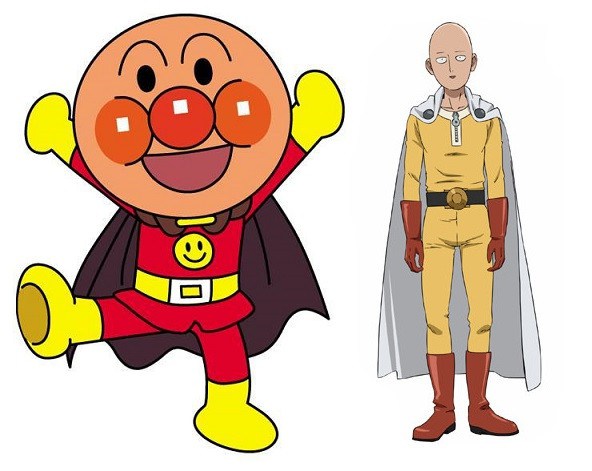For those not in the know, the entire New York state is in a complete shutdown. Social isolation is practically mandatory at this time, and as a fairly social person, this makes the situation fairly difficult. I confess that yesterday was probably the lowest point for me this week, so as a way to heal myself, I figured I’d list what positive accomplishments I made this week. Hopefully, I can keep a log on weekly accomplishments while the shutdown is happening.
Actually started applying for work
Part of the reason why Friday in particular was a difficult day to me was that I was getting resume rejection emails. But in hindsight, this can be viewed as a good thing: for the last month and a half, I’ve been working diligently on developing a creative portfolio, demo reel, and resume. In a way, receiving rejection emails is a good indicator I’m finally past the job search preparation phase, and now in actual application submission stage.
In addition, I’ve been keeping an archive of resumes and cover letters I’ve been sending out. Now that there’s a decent library of them, it makes it easier to compose them as I can mix and match excerpts of prior cover letters to cater them to a specific opportunity. It has helped me keep up to pace with submitting at least one new application every day. That’s a significant progress from where I started early February, and I should be proud of that.
Improving social media presence
One of my new years resolution for this year include improving my social media presence, and I think I’m making some significant headway there. My LinkedIn and Twitter has near-daily posts and engagement with my network in some form, and I’m slowly but surely getting suggestions from others on how to improve my job search endeavors. Given where I started with near-zero engagement, I think this is a pretty huge accomplishment.
My Github activity has increased noticeably as well, though it recently dropped due to the amount of time job search is taking over at the moment. In theory, with a better archive of resources I have available now, I should be able to reduce the time spent job searching, and return back to certain open-source projects I wanted to start again.
Started researching into Unity’s own beta projects
Lately, I’ve been hitting a significant wall with Air Flip Drive: I’ve acquired some technical debt and design problems. Some show-stoppers include:
- Nauseating and unhelpful camera.
- Unengaging track design (generated by a procedural algorithm).
- Performance problems.
- No online multiplayer support implemented.
I’ve actually strongly been debating about developing the game back from scratch again given a number of fundamental problems. To help with that decision, I’ve finally started exploring into Unity’s sample DOTS project to check its stability. Alas, it isn’t as stable as I have hoped.
I still have a few more Unity projects I’d like to research into before returning to game development again. In particular, I’ve been meaning to break-up the Template Unity Project into smaller packages, both for reducing coupling, and to improve compilation time. Anything to accelerate this development process would help, as well as letting me improve Air Flip Drive indirectly.
Keeping a regular exercise routine
As I’m no longer working in a coworking space, the extra time has given me an opportunity to exercise more often. It’s still only a short, around-an-hour-long walk around the now-empty neighborhood, but I think it’s immense progress from when I simply didn’t exercise at all.
Now have a decent livestream setup
Since the TVGS Sunday streams needs to be held outside of our usual studio, I’ve finally made preparations in my very own apartment to start streams. This also opens the opportunity to start working on my own project livestreams in the next few months, which I’m really looking forward to.
Those were the accomplishments I’ve made so far, what about yours?






